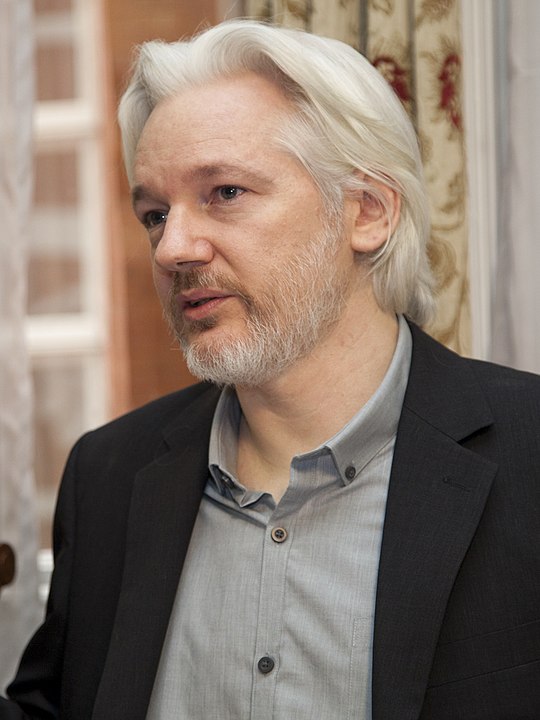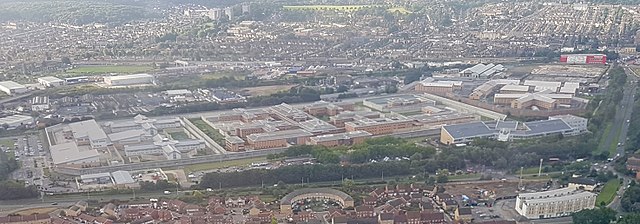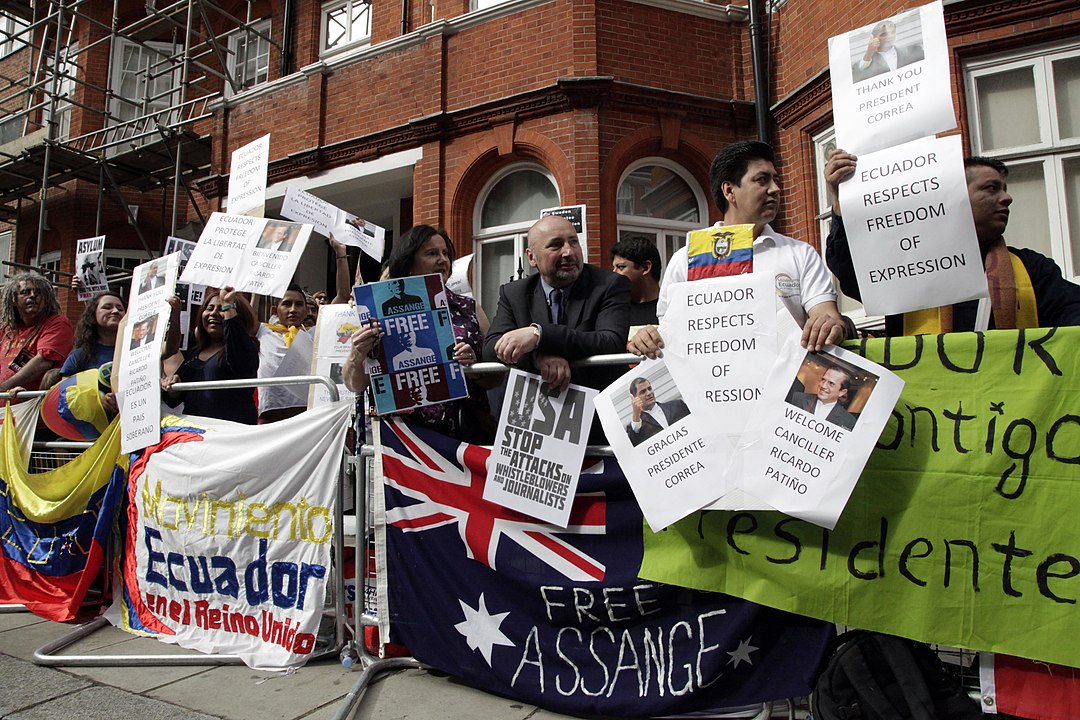WikiLeaks’ founder Julian Assange – battling extradition from Britain to the United States – has lodged an appeal at the European Court of Human Rights (ECHR).
And the editors and publishers of the five major international media organisations that first published the WikiLeaks Cablegate revelations are urging the American government to drop charges against him.
The ECHR confirmed receipt of Assange’s appeal on December 2.
The UK has approved his extradition but he has launched an appeal at London’s High Court expected to be heard early in 2023 – and also launched a case against Britain at the ECHR.
Assange is wanted by U.S. authorities on 18 counts, including a spying charge, relating to WikiLeaks’ release of vast troves of confidential U.S. military records and diplomatic cables in 2010.
On 28 November 2022, the five prominent international media organisations that first published the WikiLeaks revelations released an open letter saying the prosecution of Assange under a law designed to target First World War spies is undermining press freedom.
And in October Reporters Without Borders (RSF) led a coalition of 16 media freedom and free speech organisations in an appeal to the new UK Home Secretary Suella Braverman to intervene in the extradition case. The AEJ joined an earlier appeal in April to then Home Secretary Priti Patel.
On 28 November 2010, the Guardian, New York Times, Le Monde, Der Spiegel, and El País collaborated to release excerpts from 250,000 documents that exposed the inner workings of US diplomacy around the world, obtained by Assange from then American soldier Bradley – now Chelsea – Manning.
Twelve years later in an open letter, those media organisations wrote:
“Publishing is not a crime. This indictment sets a dangerous precedent and threatens to undermine America’s First Amendment and the freedom of the press. Holding governments accountable is part of the core mission of a free press in a democracy.”
The U.S. government claimed the leaks could cause “serious damage” to U.S. national security and put U.S. government sources, diplomats and spies in danger of physical harm or detention. But it has been difficult if not impossible to verify this since and as early as January 2011 American officials were saying any damage was limited and containable.
The U.S. department of justice’s legal charge against Assange does not specify any such specific damage.
There is little doubt though that the revelations were massively embarrassing to both the U.S. government and a number of others.
Assange has been held in Belmarsh prison in south London since his arrest at Ecuador’s London embassy in 2019. He had spent the previous seven years living inside the diplomatic premises to avoid arrest after failing to surrender to a UK court on matters relating to a separate case.
Julian Assange submits appeal at European Court of Human Rights
WikiLeaks newspaper publishers urge U.S. government to drop charges
WikiLeaks newspapers’ open letter
Appeal to UK home secretary to intervene
U.S. justice department indictment
Julian Assange arrested at Ecuadorian embassy 2019
Assange extradition case sent to Home Secretary Priti Patel
WikiLeaks Cablegate opens diplomatic maelstrom
U.S. officials admit WikiLeaks fallout limited- Reuters
WikiLeaks Cablegate 10 years on – DeutscheWelle
AlJazeera interview with author of new book on WikiLeaks
How WikiLeaks opened new journalism paths – Australian Institute of Internal Affairs
WikiLeaks Cablegate – Wikipedia
Chelsea Manning at the Guardian










